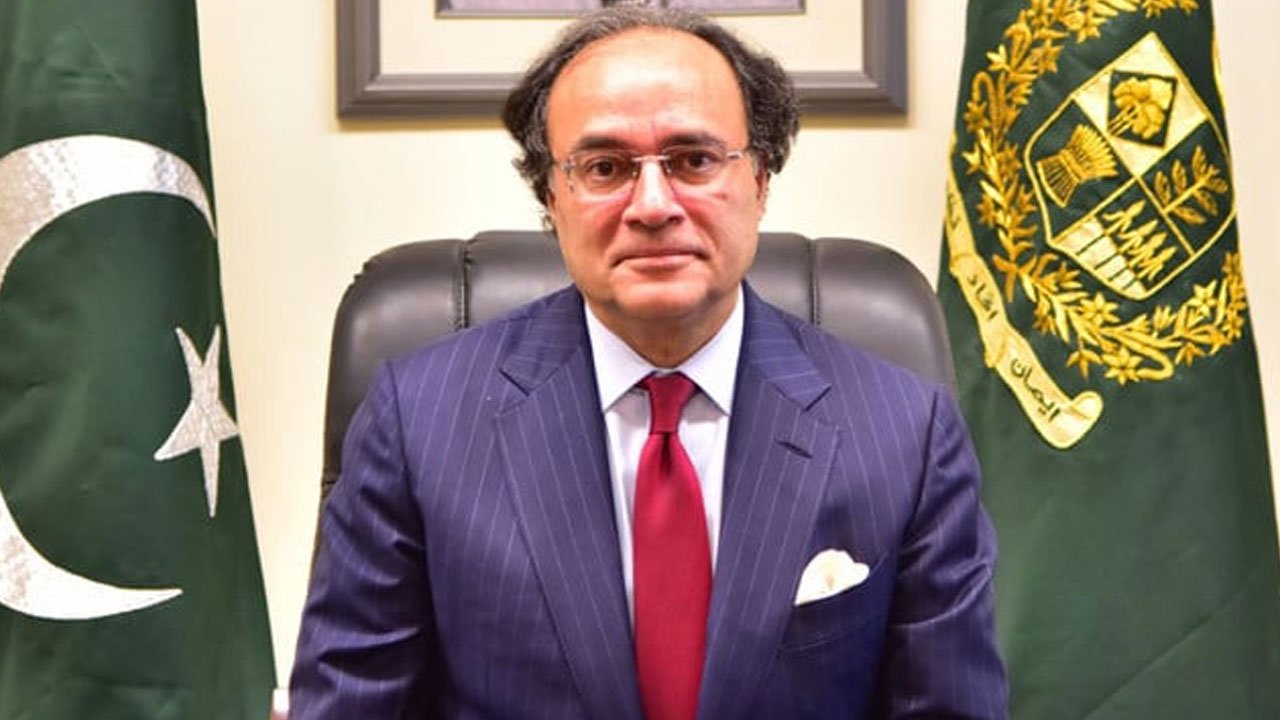Trade Deal
Pakistan’s Finance Minister, Muhammad Aurangzeb, has expressed optimism that the recent imposition of U.S. tariffs on Pakistani exports could ultimately lead to a constructive and mutually beneficial outcome for both countries.
Speaking at a press conference in Islamabad on Saturday, Aurangzeb outlined the government’s strategy for responding to the challenge, framing it as an opportunity to deepen economic cooperation with the United States — Pakistan’s largest export market.
“We want to make sure that we, in terms of our representations, put forward how we see it in the medium to long term as a win-win situation for both Pakistan and the US,” he said.
The comments come in the wake of U.S. President Donald Trump’s decision to introduce sweeping tariffs on Pakistani goods — a 29% levy set to take full effect on April 9. As of April 5, a baseline tariff of 10% has already been implemented, with the final phase expected to create major headwinds for Pakistan’s export-led economy.
According to data from the State Bank of Pakistan, total exports to the U.S. stood at $5.44 billion during the fiscal year 2023-24, a figure largely driven by Pakistan’s textile sector.
The textile industry, which serves as the backbone of Pakistan’s export economy, is particularly vulnerable to such trade disruptions. The sudden escalation in tariffs threatens to derail progress in a sector that employs millions and contributes significantly to GDP.
Despite the potential fallout, Aurangzeb is choosing a proactive and strategic approach. He emphasized that the Pakistani government sees this as more than a setback — it’s a critical moment for engagement and transformation.
Citing the U.S. as a vital strategic and trade partner, the finance minister confirmed that Pakistan has launched a comprehensive response plan to deal with the crisis.
To this end, Prime Minister Shehbaz Sharif has formed two key bodies: a high-level steering committee chaired by Aurangzeb and a working group led by the Secretary of Commerce.
These groups include top government officials, business leaders, and academics who are working together to formulate a policy response that reflects Pakistan’s long-term trade objectives.
Aurangzeb stated that the recommendations will be finalized in the coming days and submitted to the prime minister for approval.
Once cleared, a high-level Pakistani delegation will be dispatched to Washington to engage directly with U.S. officials, presenting the country’s case and exploring possible exemptions, concessions, or alternate trade frameworks.
“You should never let a good crisis go to waste,” Aurangzeb remarked, underlining his belief that diplomatic and strategic negotiations can turn the current tensions into an opportunity for improved bilateral trade relations. He reaffirmed that Pakistan remains “very constructively engaged” and committed to achieving a productive outcome ahead of the April 9 deadline.










